2023 Research Roundup
This year was full of discovery and research accomplishments at the Jackson School of Geosciences! Let’s look back on some highlights.

1. UT Austin Leads Successful Mission to Core Methane Hydrate Reservoir
This summer, the Jackson School’s Peter Flemings and collaborators embarked on a mission to take samples of methane hydrate from the deepwater Gulf of Mexico. The mysterious form of frozen gas could have a big influence on the energy landscape and the climate but is notoriously difficult to retrieve and study.
>>Watch a documentary about the mission, “The Mystery of Methane Hydrate.”

2. Ian Dalziel Recognized by King of England as Top Antarctic Explorer
Research Professor Ian Dalziel, a native Scotsman, spent much of his career uncovering Antarctica’s geologic past including the continent’s ancient Texas connection. This year, Dalziel’s discoveries earned him the United Kingdom’s Polar Medal — the country’s highest honor for Antarctic exploration — and a meeting with the royal family.
>> READ MORE
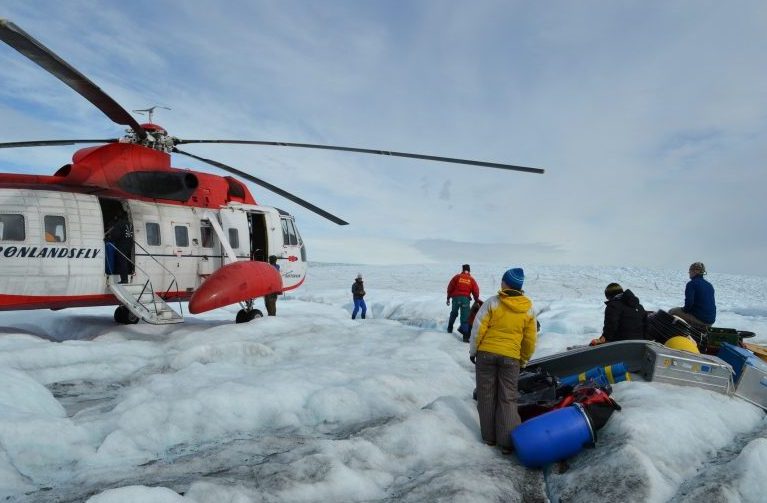
3. New Name for the Department
In August, the Department of Geological Sciences officially became The Department of Earth and Planetary Sciences. The new name reflects the wide range of geosciences research happening at the department today while providing space for further growth and change.
>> READ MORE

4. AI Predicts Earthquakes in China
An earthquake-predicting AI system developed by researchers at the Bureau of Economic Geology achieved landmark success during an international competition in China. The system is now being tested in Texas.
>> READ MORE
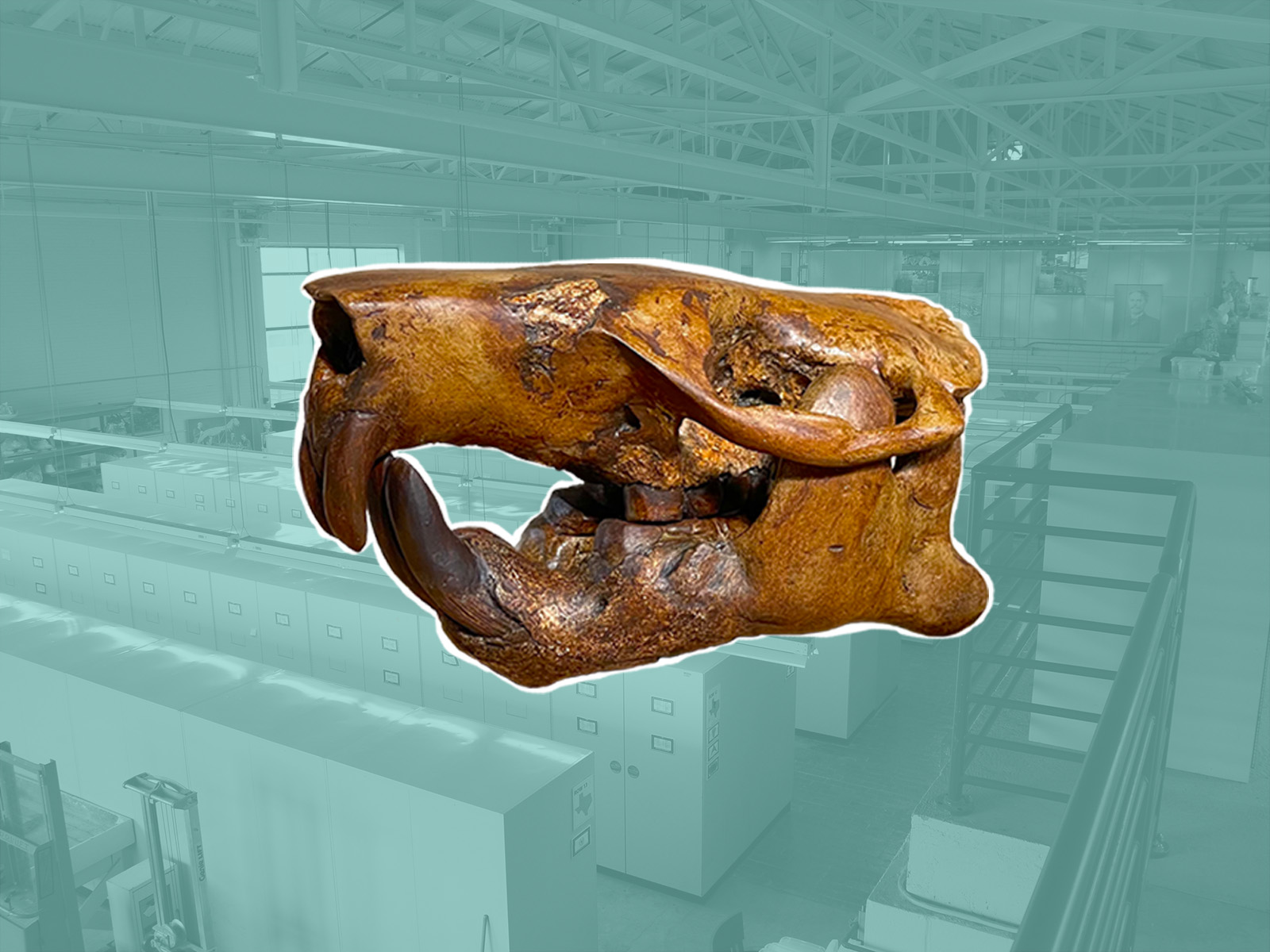
5. Best–Known Beaver in Texas Enters the Fossil Record
The Buc-ee’s beaver is no longer just a beacon for snacks and bathroom breaks. The convenience store mascot is now immortalized in the fossil record thanks to the discovery of a new species of prehistoric beaver by research associate Steve May. Found while combing through the Jackson School’s vertebrate fossil collections, May named the beaver Anchitheriomys buceei – or A. buceei, for short.
>> READ MORE
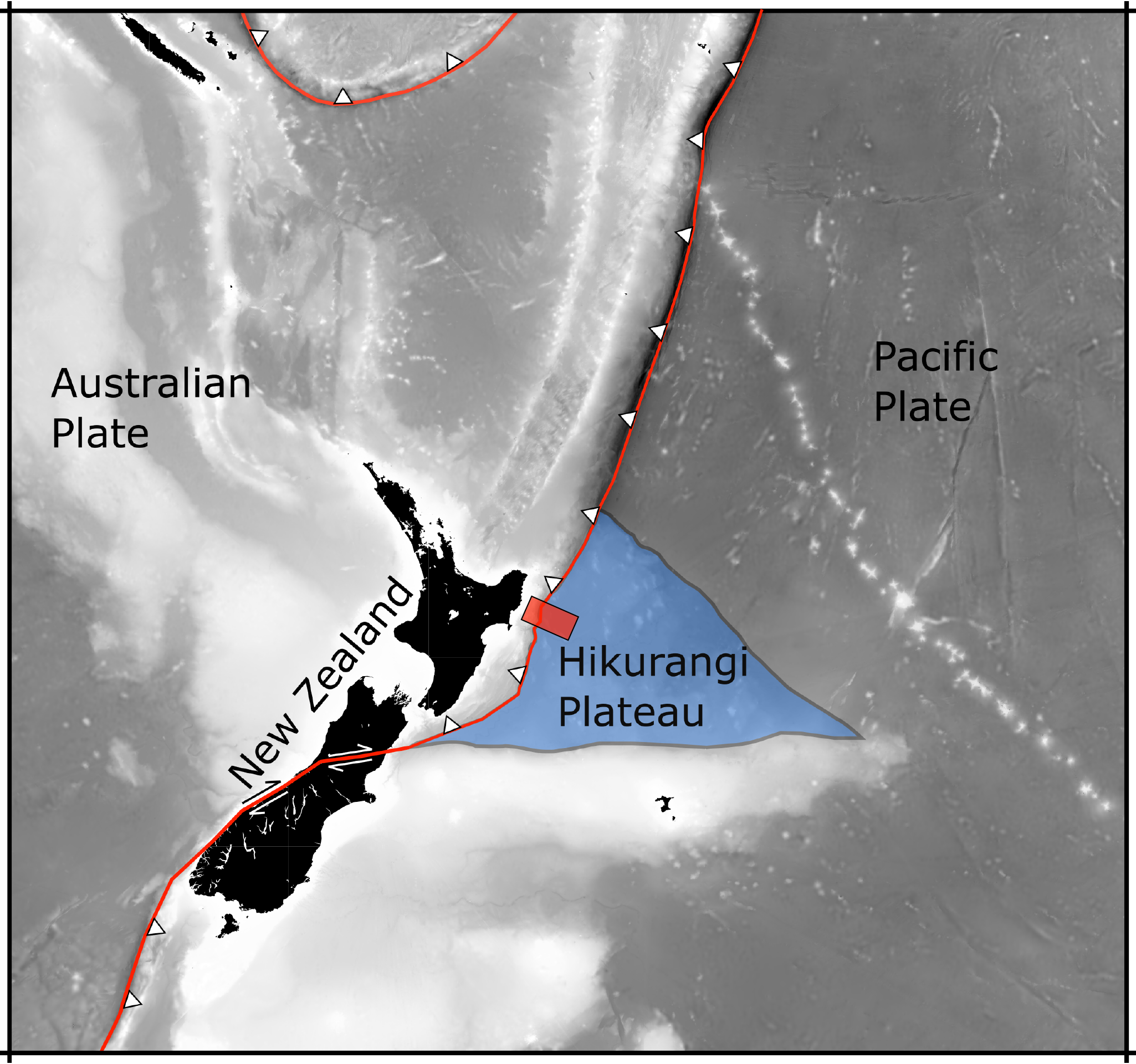
6. Scientists Discover Buried Sea Offshore of New Zealand
Researchers at the University of Texas Institute for Geophysics have found a sea’s-worth of water buried among rock layers subducting under New Zealand’s coastline. The discovery could explain the region’s unusual earthquake cycle.
>> READ MORE
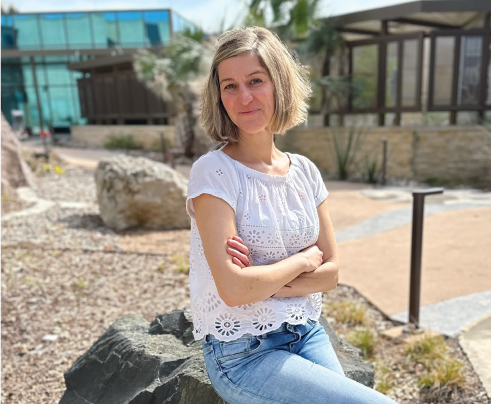
7. Carbon-Free Mining Revolution on the Way
Research is underway at the Bureau of Economic Geology that seeks to make the mining of critical minerals carbon-neutral, or even carbon-negative, by storing carbon permanently in the Earth as minerals are extracted. The technique could be a big boost to the ongoing ramp up of the energy transition. Scientists are refining it in the lab for now, but there are plans to put it into action in the next two years.
>> READ MORE
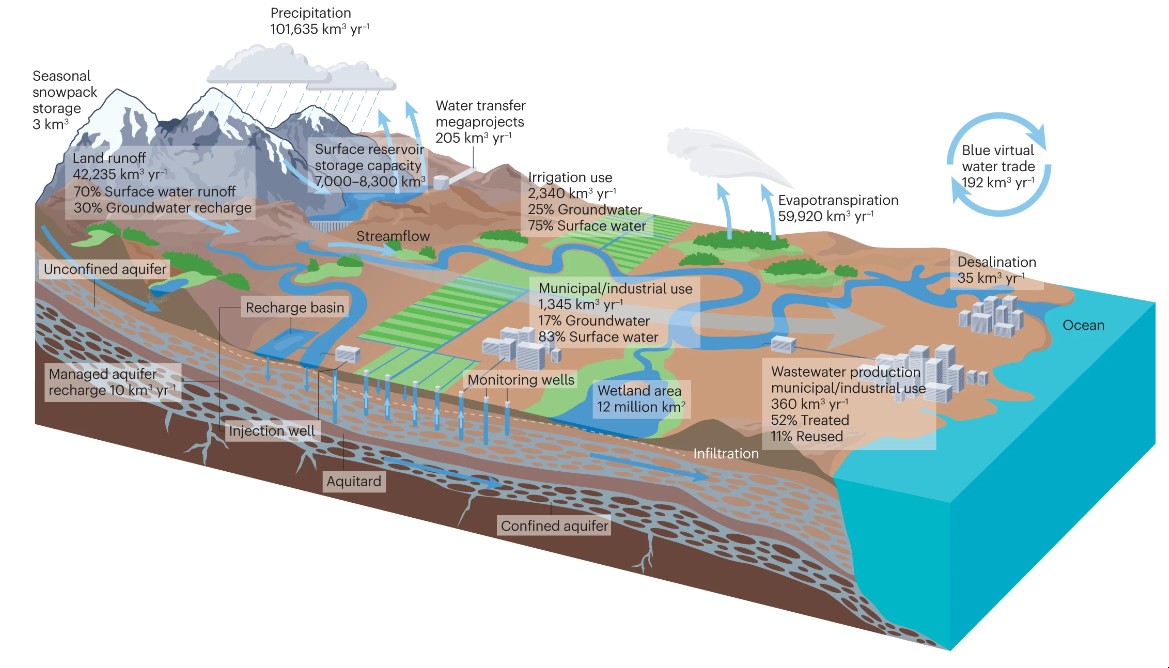
8. Measuring The World’s Water Supply
From mountain snowpack to water flowing through aquifers underground, the world’s freshwater supply is spread across the planet in a range of places. The Jackson School’s Bridget Scanlon led a massive review of it all, tallying up where the water is at, how much there is, and what humans can do to sustainably mange it.
>> READ MORE

9. Seismic Waves Reveal New Molten Layer of the Earth
The layer is tucked in between Earth’s crust and the hot mantle. Surprisingly, it does not appear to play a part in the movement of tectonic plates. The discovery, which was made by scientists at the University of Texas Institute for Geophysics means scientists can focus on other forces driving Earth’s tectonics.
>> READ MORE

10. Air Pollution Can Worsen Effects of Climate Change
Pollutants don’t just influence air quality. They can have significant effects on the broader climate too, according to a study co-led by the Jackson School’s Geeta Persad. Aerosols, the researchers found, can worsen carbon’s cost on society by as much as 66%. The study shows that when forecasting climate change’s regional effects, the influence of air pollution needs to be taken into account too.
>> READ MORE
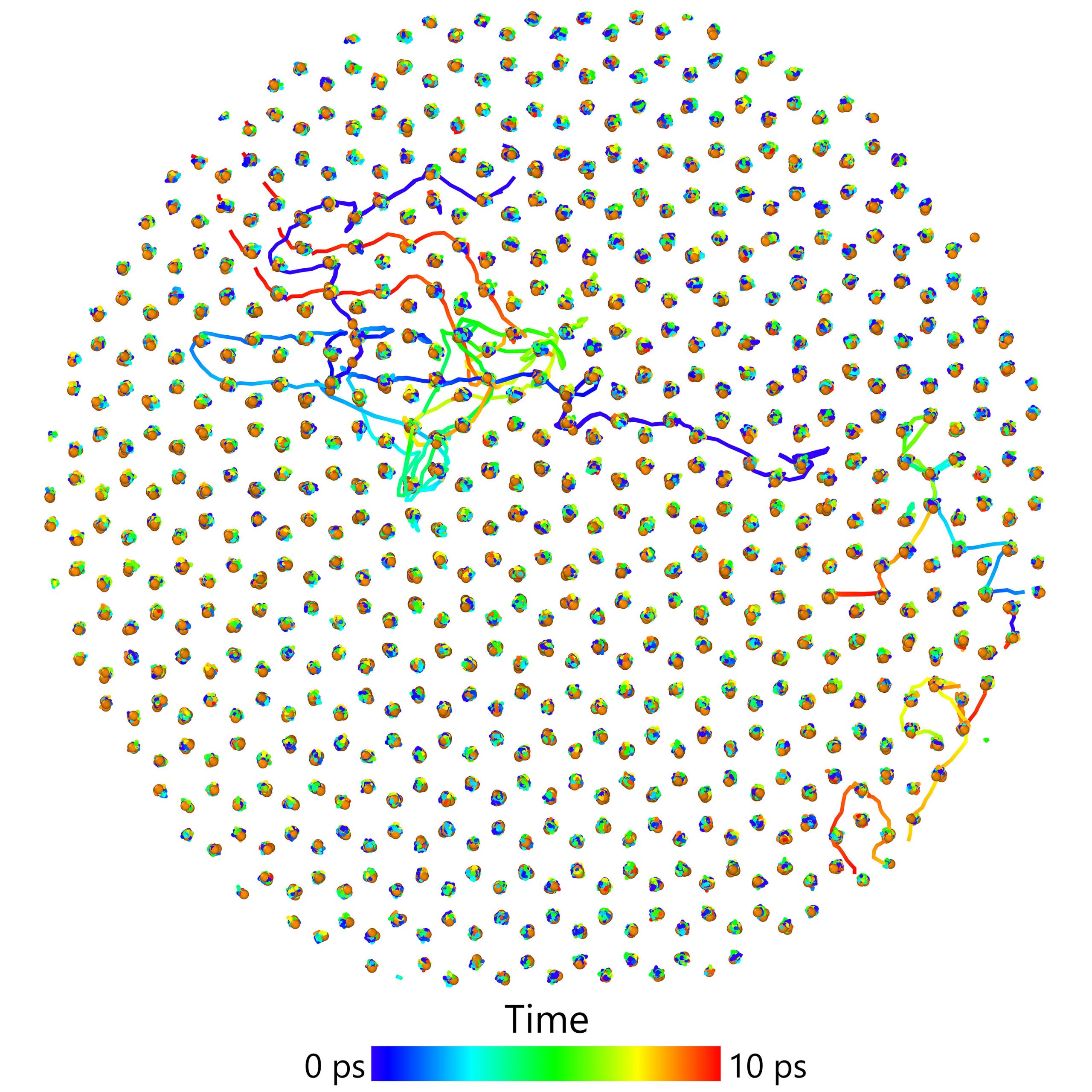
11. Iron Atoms on the Move in Earth’s Inner Core
Even when crushed in the Earth’s inner core, atoms still have room to wiggle, according to the Jackson School’s Jung-Fu Lin. By combining experiments that simulated the Earth’s inner core with AI analysis, Lin and his collaborators found that iron atoms in the Earth’s inner core move about rapidly while still retaining their the underlying structure.
>> READ MORE

12. Tracking Costs of Electricity in Texas
The energy transition is ramping up new modes of electricity production, from solar panels to wind turbines. However, every mode of electricity generation comes with costs when its entire life-cycle is considered. A new project out of the Bureau of Economic Geology is working to account for it all by tracking the environmental, climate and economic costs of generating electricity in Texas for a range of power sources.
>> READ MORE
For more information, contact: Anton Caputo, Jackson School of Geosciences, 210-602-2085; Monica Kortsha, Jackson School of Geosciences, 512-471-2241.
The University of Texas at Austin
Web Privacy | Web Accessibility Policy | Adobe Reader

